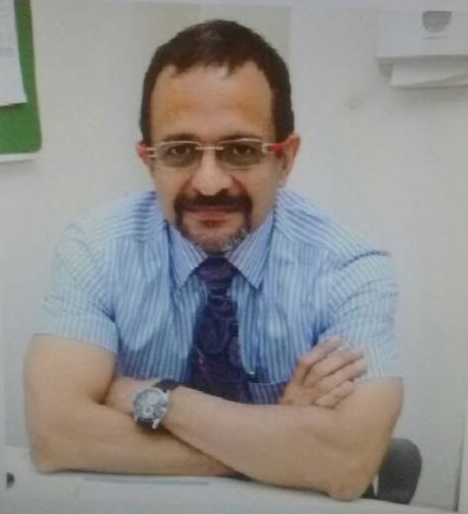Dr Kersi Chavda's quick guide for doctors: How to deal with anger and manage stress?
M3 India Newsdesk Mar 31, 2019
Dr Kersi Chavda, a top-notch Psychiatrist, with a wide experience in dealing with psychological health pins down pointers for doctors to minimise stress and ways to deal with anger in day-to-day life.

Dr. Kersi Chavda is an accomplished Psychiatrist concerned with diagnosis, treatment and prevention of mental and emotional health problems. A seasoned physician with two decades of medical experience, Dr. Chavda enjoys an illustrious and enriching line of work.
Anger itself is not a problem. The trouble arises when it becomes uncontrollable and you “act out” ...becoming abusive, violent, demeaning colleagues and having problems with relationships.
Incidentally, isolated episodes of what some might consider “inappropriately aggressive behaviour” may occur, which is bad enough. When it becomes a lifestyle pattern, the person needs help.
We are living in the information age. It can feel as if the lights never go out, and the noise never dies down. All this adds up to stress, and this shortens the anger-fuse. Regular, chronic anger can exhaust you. But even intermittent low-grade episodes can affect you similarly over a period of time.
Usually, anger triggers happen all around us. One gets annoyed by poor service, long waits, traffic conditions, and indigestible food.
Doctors are a particular species!! They are supposed to be always available for their patients, be up to date with the latest information in their fields of specialisation, deal with the hospital and other bureaucrats, face up to the increasing legalities that are now becoming commonplace, occasionally face up to violence from the patient...all this with a smile!!
This, of course, does not take away from the fact that they also have to deal with the regular day- to- day problems that everyone else faces as well; marital issues, financial worries, physical ailments and the works.
Not surprisingly, the doctor is at risk for getting increasingly stressed out, and often reacts aggressively, putting himself and his professional reputation at risk.
But is everything worthy of rage?
Cut out some of the anger from your life by learning to manage your stress –triggers, after identifying them. Once identified, one can learn to work out a strategy for coping in allied situations.
How can one reduce/ control anger?
Practise self-monitoring. Keep a daily record of the angry behaviour, looking at what happened before and after the episode, and what you did at that time. As your self-awareness increases, one gradually learns control.
Learn to look out for the cues in your voice or body that signify that you are about to lose control of yourself. These are different for different people...it might be a raised voice, feelings of chest constriction, a heaty feeling in the ears...everyone has a different experience. Be aware that when this happens...one should just stop and leave the situation...rather than persist at it. So go splash water on your face, take deep breaths...do whatever is necessary to reduce and distract from the situation.
If triggers are repetitive then do visualization techniques. Imagine yourself in particularly anxiety-provoking situations wherein you are prone to lose control. In a state of progressive muscular relaxation, visualize yourself going through the sequence of events that lead to the stress and visualize dealing with it calmly, without losing your temper. When you repetitively do this, the mind gets sensitized to the stimulus so that actual reality is not then so bad.
Do not use drink or drugs, even prescription ones, as a means of allowing reduction of stress...unless prescribed by a psychiatrist. Doctors are known to get addicted to medication that they self-prescribe.
Do realize that you need time to yourself on occasion and learn to say “No”. Learn to say "NO" to patients, bosses, seminars, publications, etc.
Develop a hobby and make time for it. As most of the work that doctors do is highly intellectual...ideally the hobby should be physical. Join a gym, do gardening, carpentry or pottery, join a painting class, learn dancing!! It will serve as a natural way of channelizing aggression.
Develop a sense of humour. Laugh and joke around with friends. Let off steam, even with “dark humour”.
And finally...take yourself and your own importance, with a pinch of salt. The world and the medical profession will continue even in your absence. So do not take it that the world will collapse if you are not there!!
Disclaimer-The information and views set out in this article are those of the author(s) and do not necessarily reflect the official opinion of M3 India. Neither M3 India nor any person acting on their behalf may be held responsible for the use which may be made of the information contained therein.
This article was originally published on 01.02.18.
-
Exclusive Write-ups & Webinars by KOLs
-
Daily Quiz by specialty
-
Paid Market Research Surveys
-
Case discussions, News & Journals' summaries